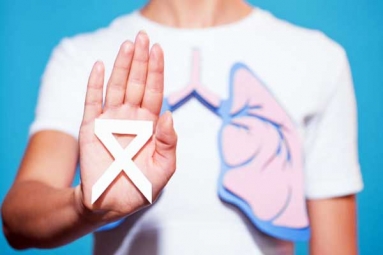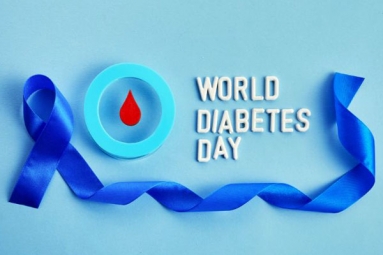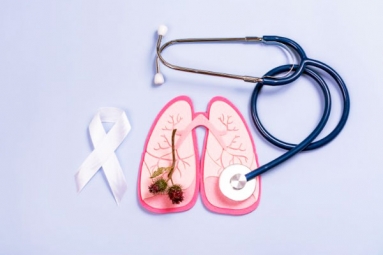
Blood is the vital force that sustains life by delivering oxygen to every cell in the body. Medical science may have advanced by leaps and bounds, but still, it has found no second-string for blood. So the only way to restore lost blood quickly is through donation. That being so, donating blood is seen as a virtuous act.
To celebrate this selfless deed, to pay gratitude to donors and to urge more people to donate blood, the World Blood Donor Day is observed every year on June 14.
Why Donate Blood?

Blood is the most beyond price gift that anyone can give to another person - the gift of life. A decision to donate your blood can save a life, or even several if your blood is separated into its components - platelets, red cells, and plasma - which can be used individually for patients with specific conditions.
Predominantly, your donated blood can save women from complications of pregnancy, children suffering from anemia, people who have undergone physical trauma and patients who have been operated upon.
Blood, a perishable commodity, cannot be stored indefinitely. It has to be discarded after a period of time. Hence there’s a constant requirement for blood. Regular blood donation helps to maintain a sufficient amount in the banks for patients in need.
How to Donate Blood?
In the United States, nearly every hospital has a blood bank and transfusion service. Some of the groups that collect blood for transfusion are the American Red Cross (ARC), America's Blood Centers, and Vitalant.
While in India, you can approach blood donation organizations such as Sankalp, Indian Red Cross Society, Khoon Organization, Save Life India, BloodConnect Foundation, Think Foundation, etc. if you wish to donate blood.
Find out if there's a blood donation camp happening close to where you live.
Rules of Blood Donation
- The age at which each country allows a donor to donate blood varies. But if you belong to the 18-65 age group, you can safely donate blood.
- First-time donors shouldn’t be over 60 years. If you want to donate only a component of your blood - like plasma, white cells, red cells - you have to be between 18-60 years of age.
- You cannot donate blood if you have transmittable diseases like HIV, hepatitis B or C.
- You cannot donate if you have heart diseases, hypertension, cancer, epilepsy, kidney problems, and diabetes.
- You cannot donate if you have undergone piercing or tattooing in the past six months.
- You are ineligible to donate if you have received vaccines in the last month.
- You also cannot donate blood if you work as an aircrew member, long-distance vehicle driver or in emergency services if you plan to donate less than 24 hours before your next shift.
Things to Keep in Mind Before Donating Blood
- Do not consume alcohol for 24 hours before donating blood.
- But do not donate blood on an empty stomach. The last meal should be taken at least four hours before you donate.
- Fill a medical questionnaire first. This test whether you are eligible for blood donation.
- Drink plenty of fluids on the day you wish to donate blood.
- Prior to your blood donation, you will undergo a mandatory health check-up to rule out health problems.
- If you are allergic to iodine, make that very clear to the medical attendants who may use it to clean the puncture point.
- Do not rush out as soon as the donation process is over. Stay back, eat some refreshments provided by the center till you feel strong enough to leave.
- Increase your fluid intake for the next 24-48 hours.
- Avoid lifting heavy weights for the next five hours.
- Do not drink alcohol or smoke for the next 24 hours.
By Sowmya Sangam







